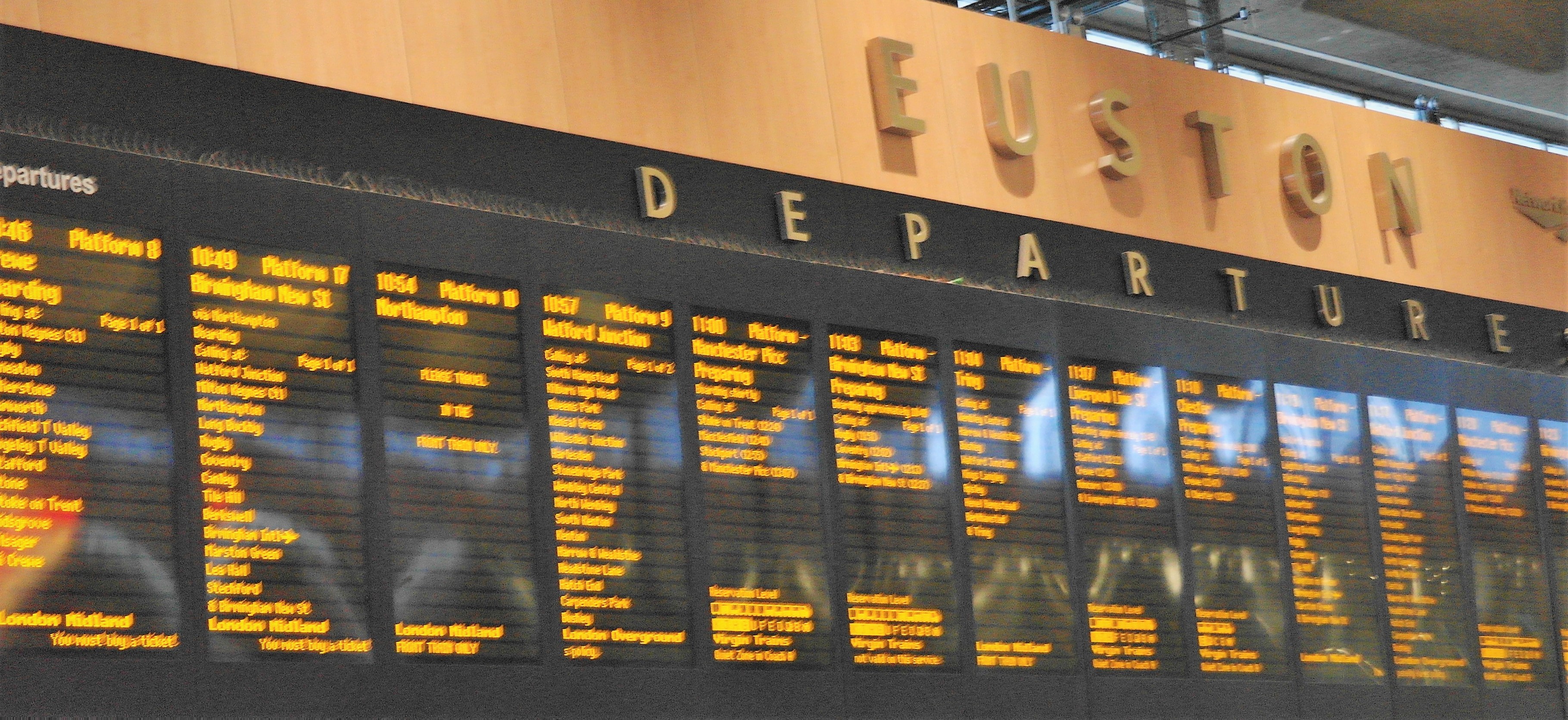Polycentric Organizing and Performance: A Contingency Model and Evidence from Megaproject Planning in the UK

In this new paper in Research Policy, using data from four capital-intensive infrastructure development projects in the UK
(Crossrail, London 2012, Heathrow T2, and High-Speed 2), Nuno Gil and Jeff Pinto advance the main arguments that megaproject
organizations in the planning stage have a polycentric architecture. They reveal how the higher-level choices remain under control
by a centralised hierarchy, which chooses at some point in time to share local decision rights with key external stakeholders
in exchange for their resource. The authors also trace slippages in the project performance targets over time to polycentricity.
They show fundamental variation in megaproject management problems based on two contingencies: the volume of slack resources (an
internal choice) and the presence of external arbitrators (an institution in the environment). The study concludes by proposing a
contingency model that traces megaproject performance to variation in two dispute resolution structures: internal slack resources
and external arbitration

